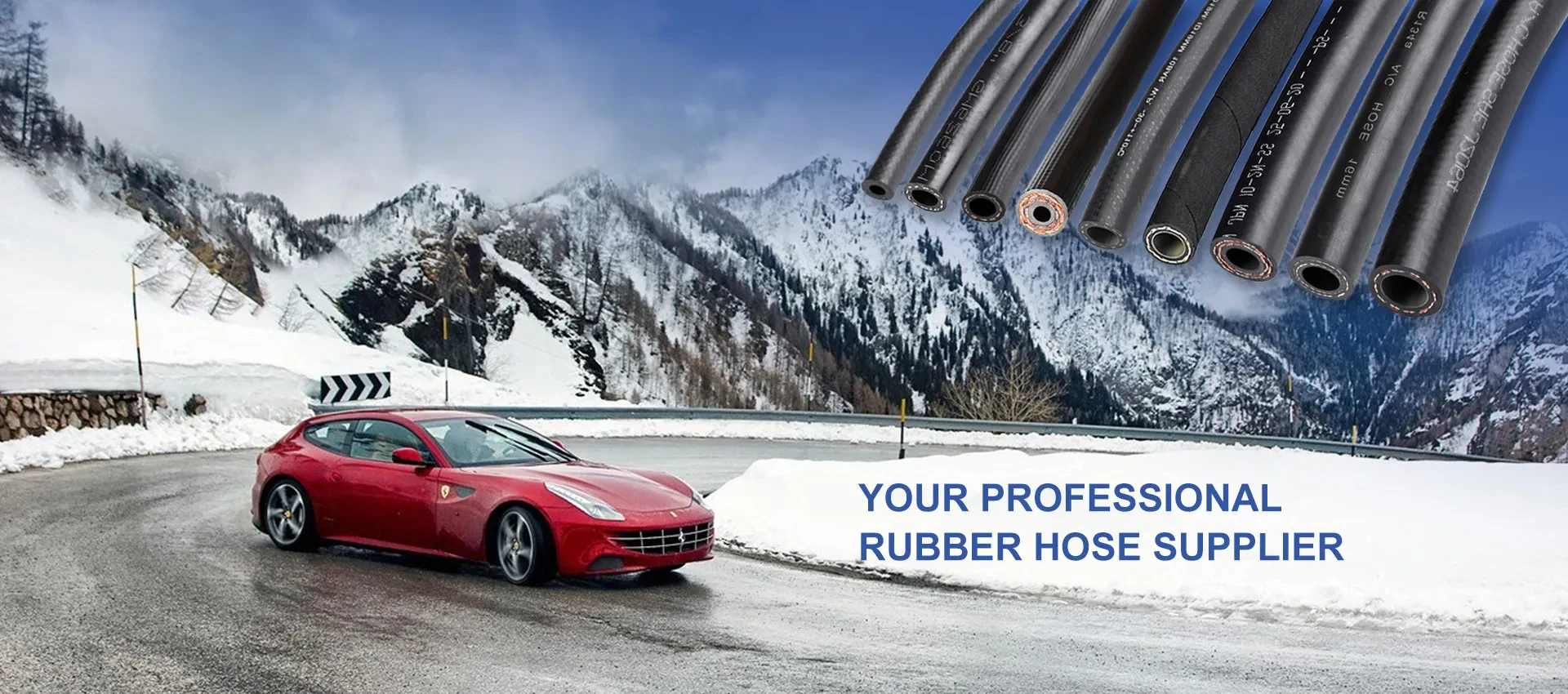rubber petrol pipe
ഒക്ട് . 05, 2024 04:44 Back to list
rubber petrol pipe
The Versatility of Rubber Petrol Pipes
Rubber petrol pipes are an essential component in the automotive and industrial sectors, providing critical connections for fuel transfer and delivery. These hoses, designed specifically to handle petroleum products, ensure safe and efficient operations, making them indispensable in various applications.
Composition and Features
Rubber petrol pipes are primarily made from synthetic rubber compounds, such as neoprene or nitrile rubber, which are engineered to withstand the chemical properties of petrol and other hydrocarbons. This construction allows the pipes to maintain flexibility while resisting swelling, cracking, and degradation caused by exposure to fuels. The internal lining of these hoses is often designed to reduce friction, enhance flow efficiency, and minimize the risk of fuel leaks.
One of the key features of rubber petrol pipes is their ability to operate safely under a wide range of temperatures. These hoses can typically withstand temperatures from -40°C to 100°C (-40°F to 212°F), making them suitable for various climatic conditions and high-performance environments. Additionally, many rubber petrol pipes come with reinforced layers that enhance their durability and pressure ratings, allowing them to handle the demands of high-pressure fuel systems.
Applications in Automotive Industry
In the automotive industry, rubber petrol pipes play a vital role in fuel delivery systems. They connect various components, including fuel tanks, pumps, and injectors, ensuring a seamless flow of fuel to the engine. The integrity of these pipes is crucial; any wear or damage can lead to fuel leaks, which pose significant safety hazards. Therefore, regular inspection and maintenance of rubber petrol pipes are imperative for vehicle safety and performance.
rubber petrol pipe

Moreover, advancements in technology have led to the development of specialized rubber petrol pipes that improve performance
. Some hoses are equipped with anti-static properties, designed to prevent the buildup of static electricity during fuel transfer—a potentially dangerous situation that can lead to fires or explosions.Industrial Uses
Beyond the automotive sector, rubber petrol pipes are also utilized in various industrial applications. Industries such as construction, agriculture, and manufacturing rely on these hoses for the transport of fuels and lubricants. For example, construction sites often require fuel transfer pipes to refuel machinery on-site, and hydraulic systems may use rubber hoses to convey oil.
Furthermore, in the context of environmental safety, rubber petrol pipes can significantly reduce the risk of spills and contamination. Many modern pipes are designed with features that mitigate the chances of leakage, thus protecting the environment and maintaining compliance with regulatory standards.
Conclusion
The significance of rubber petrol pipes cannot be understated, as they play a crucial role in both automotive and industrial sectors. Their unique properties, such as chemical resistance, flexibility, and temperature tolerance, make them suitable for a wide range of applications. Whether in vehicles, construction sites, or manufacturing plants, the reliability and safety of rubber petrol pipes are fundamental to efficient and effective operations.
As technology continues to evolve, the development of even more advanced rubber petrol pipes is on the horizon. Innovations aimed at enhancing performance, reducing environmental impact, and increasing safety are likely to shape the future of fuel transfer systems. As we move forward, the importance of maintaining high-quality rubber petrol pipes will remain a top priority for industries reliant on efficient fuel transfer, ensuring safety and environmental protection for years to come.
